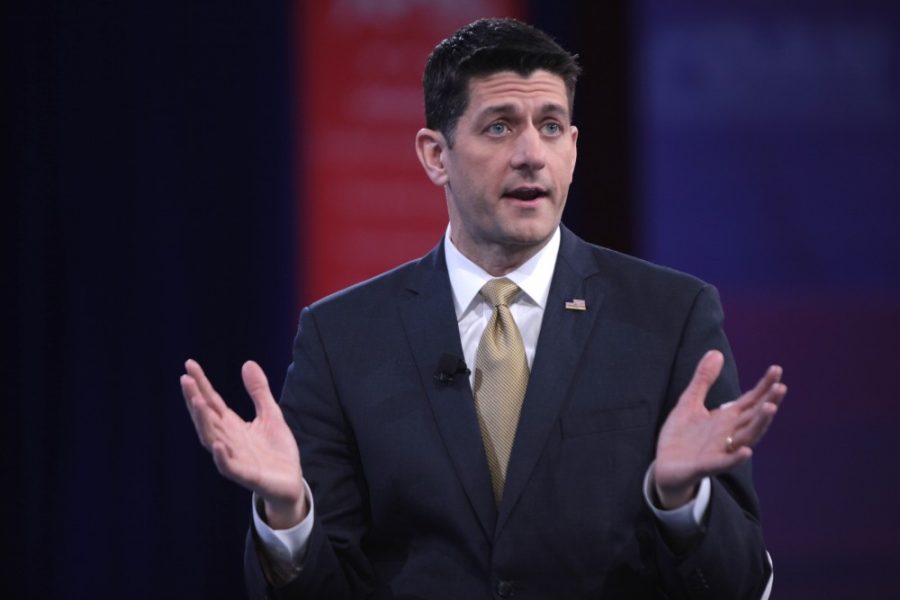I heard all kinds of things about the American Health Care Act, so I wanted to find out for myself what it really is. There is a problem, though: I can’t really figure it out. The bill keeps many popular aspects of the Affordable Care Act while giving it a conservative spin.
Children will still be allowed to stay on their parents’ coverage until they are 26, and pre-existing conditions are still covered. However, it eliminates the individual mandates the Affordable Care Act required, meaning that Americans will no longer need to choose between buying insurance and paying a fine. Some unpopular parts of the bill include that it will end the expansion of Medicaid and allow insurers to charge senior adults five times more than young adults.
Going beyond the basics, though, navigating through new websites to find information about the bill is quite disorienting. There is so much focus on generating an emotional response and little on presenting a big picture of the bill.
RELATED: Jeff Sessions is the new Russian connection
How can a curious college student learn what is actually going on in Washington without being told how to feel by partisan news websites? Without spending hours deciphering the actual text of the American Health Care Act, most people will likely be swayed one way or the other without really knowing what is going on.
I typed “GOP Healthcare Plan” into Google so I could research the bill. I went down the list of sources, reading, but became frustrated because I was chased all around the internet trying to answer the new questions that each article left.
Many articles, for example, cited the Congressional Budget Office’s report that 24 million fewer people would be insured under the GOP plan.
On CNN, I read that these people were being “thrown off” of insurance. I couldn’t find any information for why the bill led to less people insured, though. I came up with a few reasons why this might be true.
It could have been because without the requirement to have insurance 24 million people were expected to opt out of insurance. It could have also been because 24 million people would no longer be able to afford coverage.
My opinion would swing in or out of favor of the bill depending on which guess, if any, were true.
Many Americans have been appropriately enraged knowing that fewer Americans would have insurance if this bill became law. However, I feel like leaving the number hanging, without the answer for why, swings popular opinion away from the bill without truly presenting the full case.
Tax cuts to the wealthy was another common theme through the stories.
Again, I had this piece of information, but I lacked the knowledge to judge if this was inherently bad, as most of the articles made it out to be.
RELATED: Trump’s wall splits the Sonoran desert in two
No article equipped me with information on what the tax cut actually entails. It could have been a few different things.
Under the bill, a tax credit for health care would be given to Americans based on age. Thirty-year-olds can receive up to $2,000, while older Americans can receive up to $4,000.
On average, Americans aged 65 years or older are 47 times wealthier than those 35 years and younger. If older Americans are more likely to be wealthy, is this what has been denounced as the tax break on the rich?
Again, I do not know the answer. However, knowing if this is the tax break or if there is another tax break that more explicitly favors wealthy people, would change my opinion of the bill.
Americans overall do not like the American Health Care Act. The news loves to tell how Democrats don’t like it because it changes important aspects of Obamacare, and Republicans don’t like it because it is too like Obamacare. Though, I wonder how many people from either side really understand the bill and how many others have been swayed by scary, but relatively empty, facts.
I do want to have an opinion on this issue, but it looks like for now I will need to read the actual text of the bill and the Congressional Budget Office’s response. Until a news site is dedicated to providing a deep and full look into issues, readers should be wary of the questions that news articles do not answer so that they will not be swayed by manipulated information.
Follow Toni Marcheva on Twitter.









